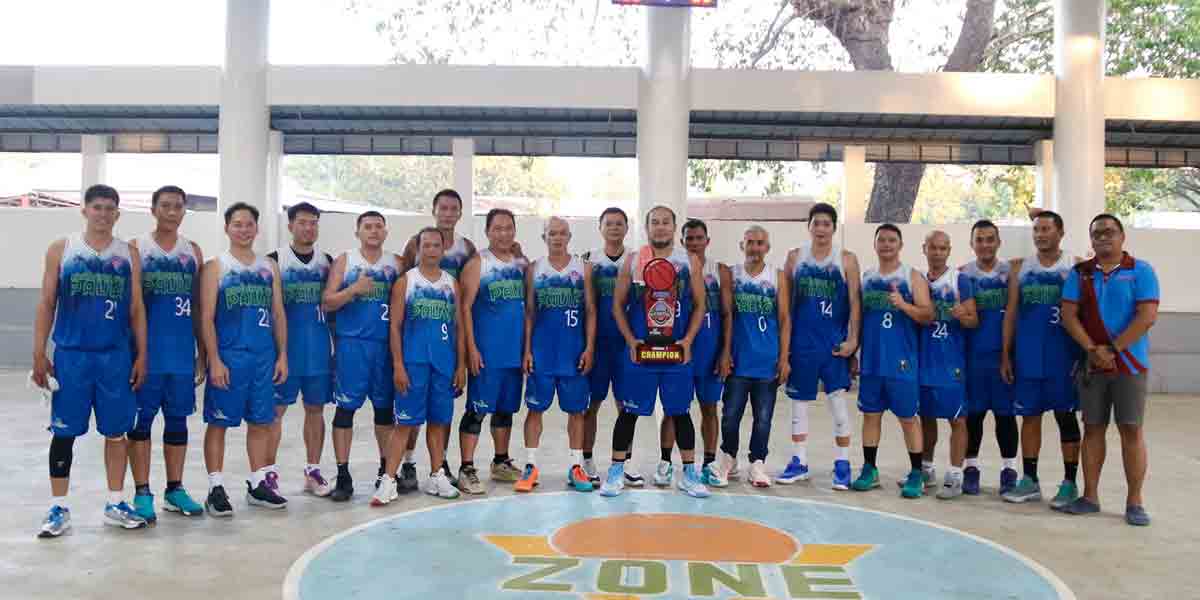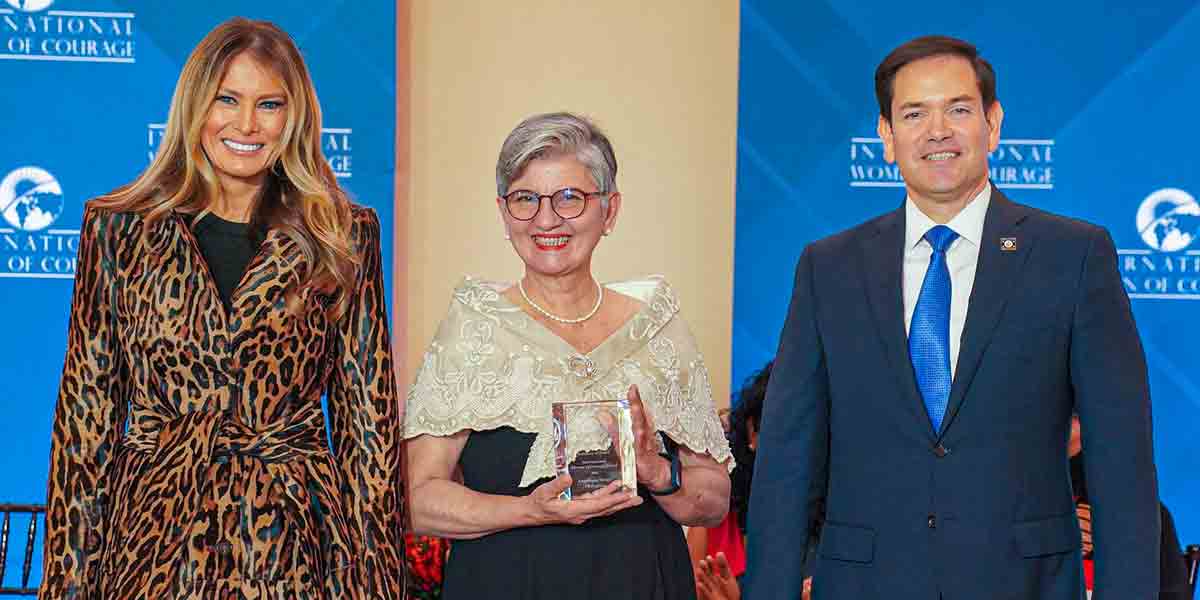By Prof. Enrique Soriano
Dear Son,
Trust is something that is built over time, and only by demonstrating a track record of reliability and consistency on projects assigned to you can truly make our customers happy and our business profitable. Unfortunately, based on the report of your project team, you rarely meet and supervise them. You even made promises that you cannot keep, making some of our old customers switch loyalty to our direct competitor.
In your letter, you expressed disappointment for not being promoted to a higher position and a certain level of decision-making. We would love to trust you with additional leadership roles as it is part of the succession process, but first, we need to know if you are truly committed AND will honor commitments.
There were many occasions when you missed out on deadlines and we ended up taking over your role. Your work habits have been dismal and this resulted in some project failures because you never followed through on your assigned tasks. If you can still recall, one of our joint venture partners was so disappointed that he wrote us a letter threatening to withdraw if you were not replaced. We want to know why you kept on reneging on your commitments. We are both concerned and bothered, so we are asking these questions.
Integrity is something we value, and following through on commitments is important in building not only long-term relationships within the organization but also externally with our investors, suppliers, and customers. Being able to form synergies built on trust, reliability and integrity is paramount to the success of our business.
We are serious about clearly separating family and business issues. This was the main reason we sought the assistance of Prof. Soriano to help us institutionalize governance. We know balancing family and business poses a real challenge to us as a family. Admittedly we have grown accustomed to mixing family and business since you and your siblings joined the business many years ago. I am partly to be blamed for tolerating this informal structure and it is time to change our mindset.
The most successful family businesses that have lasted for many generations are effective in drawing boundaries between the two distinct areas. On the family side, family members mingle and co-exist as a happy, cohesive family, while on the business and management side, they operate the business purely under an arms-length relationship and solely based on meritocracy.
In my initial discussions with Prof. Soriano, the governance journey he prepared for the family will start with the following expectations:
We will document our values and principles that will underpin the conduct of the family business.
We will change our mindset from family-centric, which is inward-looking and emotional, to a business-owning family where our decisions will be focused on the greater good moving forward. We were warned that relationships among family members will be tested as we will be making difficult decisions primarily focused on curtailing certain privileges that will cause future conflict.
We will set rules and enforce them. There will be compliance related to office protocol and working hours, departmental accountabilities and a complete review of vacation leaves.
We will start the two-year Transformation Process. The objectives are growth and structure.
We acknowledge that the reasons for possible failure are complex; however, it’s increasingly recognized that family issues, more so than business issues, determine the outcome of generational change (and conflict) in family businesses.
We will set up a Succession and Conflict Resolution committee under the Family Council that will provide a mechanism by which conflict can be successfully managed and resolved. This will also force the family to consider important issues about the future of the family business that might otherwise be set aside.
As the leader of the family, I will never follow the path of 90% of other family businesses that failed in the 2nd and 3rd generations.
Love,
Papa and Mama





















